WEST POINT, N.Y., May 4, 2011 -- The final exam in the Negotiation for Leaders course is not of the traditional pen and paper variety. To adequately test their knowledge requires a departure from the familiar confines of a West Point classroom and into a simulated arena of the unknown.
On April 19 and 27, 2011, more than 70 cadets deployed to Constitution Island where they met imams, NATO officers and local militia in a scenario-driven test of their ability to resolve conflict and garner agreeable conclusions.
This was not an easy task for any cadet team. Many found that the frustration and confusion factored into each scenario may have made it seem more realistic, but difficult to accomplish the mission. At one site, cadets expected to meet an imam who publicly decried American military presence in his country. Soon, they found themselves dealing with an inconsolable mother who blames them for her son's death.
"On the first day we were essentially ambushed by Mrs. Summari, a parishioner of the imam's mosque," Class of 2011 Cadet Andrew Ross said. "Her emotions and anger toward us made it very hard to get anything accomplished until she calmed down."
During a multi-party negotiation, Ross decided to remove one member from the group to facilitate the progress.
"The NATO officer was simply bickering and not offering anything to the issues," Ross said. "He was working against us instead of with us, which made the coalition look weak in front of the Iraqi police and imam. I told him that if we had resource issues, that was something to discuss behind closed doors and that when we went back to the group we would be on the same page or he was to keep quiet."
Maj. Aram Donigian, the MG390 instructor and co-director of the West Point Negotiation Project, contributed to the role-playing environment by donning the persona of Maj. Hardask.
Donigian's alter-ego was aptly named for asking the hard questions to each group of cadets when they briefed the major on their initial negotiations. With an air horn in hand to alert everyone of scenario rotations, he kept cadets moving at range-walk speed if not faster, and was quick to keep levity at bay to reinforce the seriousness of the exercise.
Despite the stress and seemingly insurmountable challenges, Ross found the exam to be a rewarding experience.
"It is a graded event and it's the most useful exam I think I've taken," Ross said. "I couldn't tell you how to solve a physics problem about rotational inertia right now or solve a differential equation, but I will be able to use everything I did in this SIMEX, in daily life for the rest of my life."
Donigian found it encouraging when Gen. Martin Dempsey, Army chief of staff, recently remarked on how negotiation skills will factor into leader development for Soldiers. In the February edition of the Armed Forces Journal, the former TRADOC commander said successful strategic leaders must be negotiators, mentors and leaders who empower others.
"We're also examining how to incorporate the art of negotiation into our training and education programs," Dempsey wrote. "Recent experiences in Afghanistan and Iraq have illustrated that leaders at all levels must work with a variety of joint, interagency, intergovernmental and multinational (JIIM) partners. Operating in this type of environment means Army leaders will often find themselves in a position where they must lead through influence and persuasion as opposed to direction and control."
"This fact makes the art of negotiation critically important for all leaders, but especially so for strategic leaders working in combination with partners to resolve strategic problems," wrote Dempsey. "Negotiation will soon be added as an attribute in our leader development strategy and incorporated into our leader development curriculum and training."
Related Links:
STAND-TO!: The U.S. Military Academy at West Point
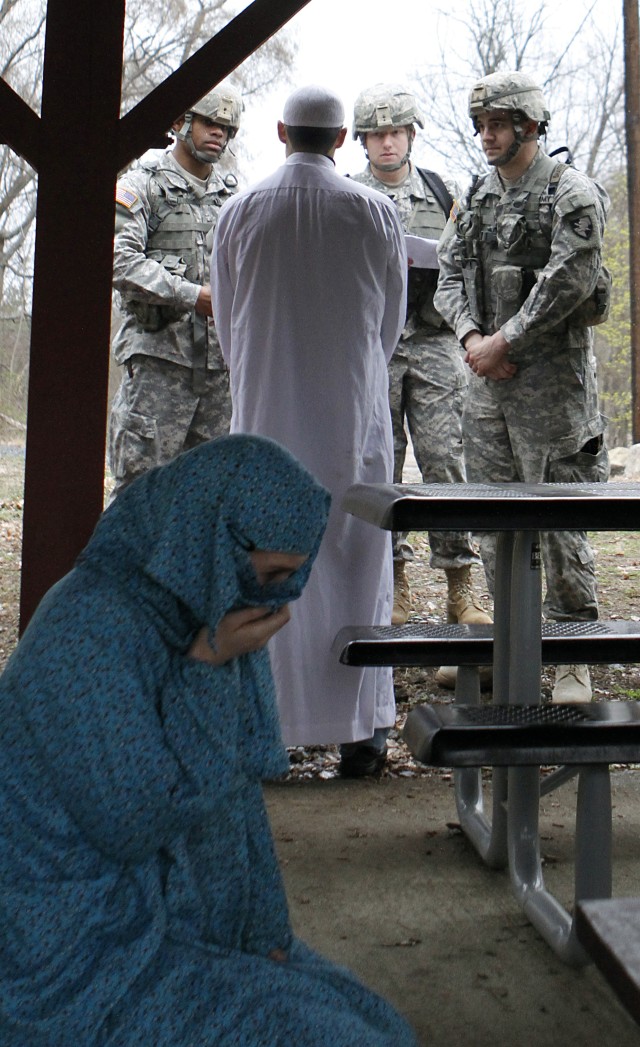
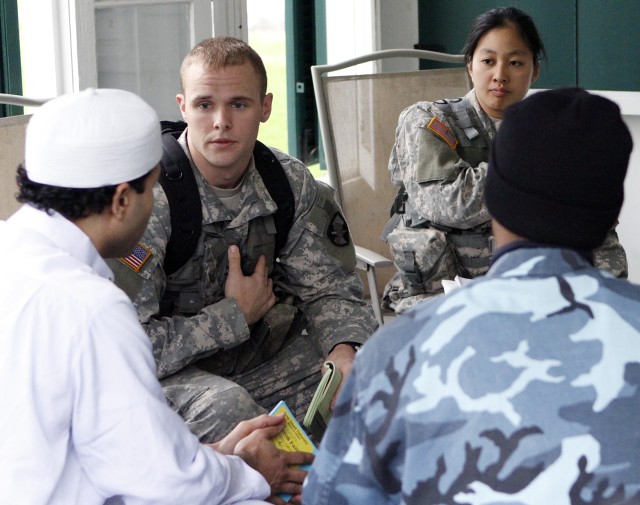
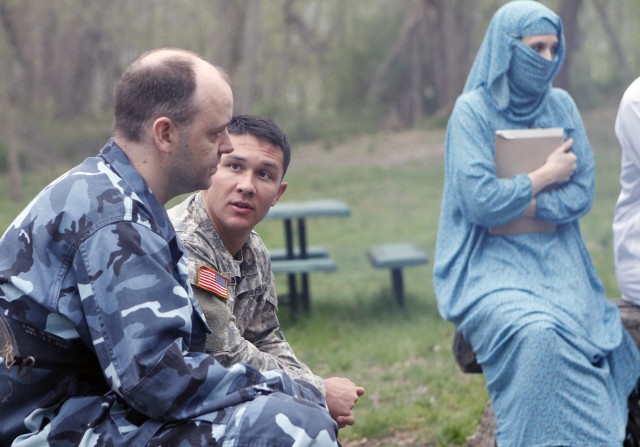
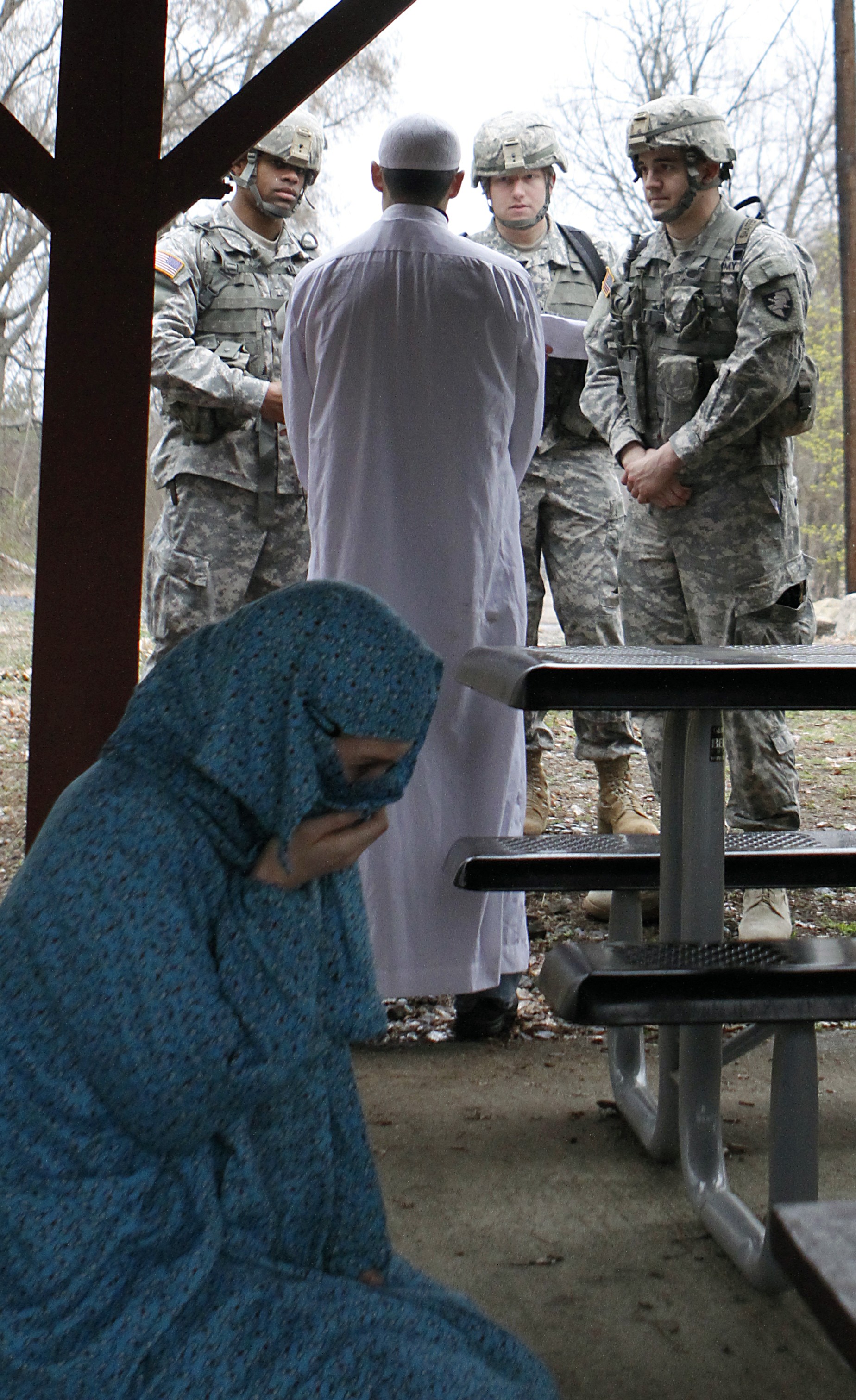
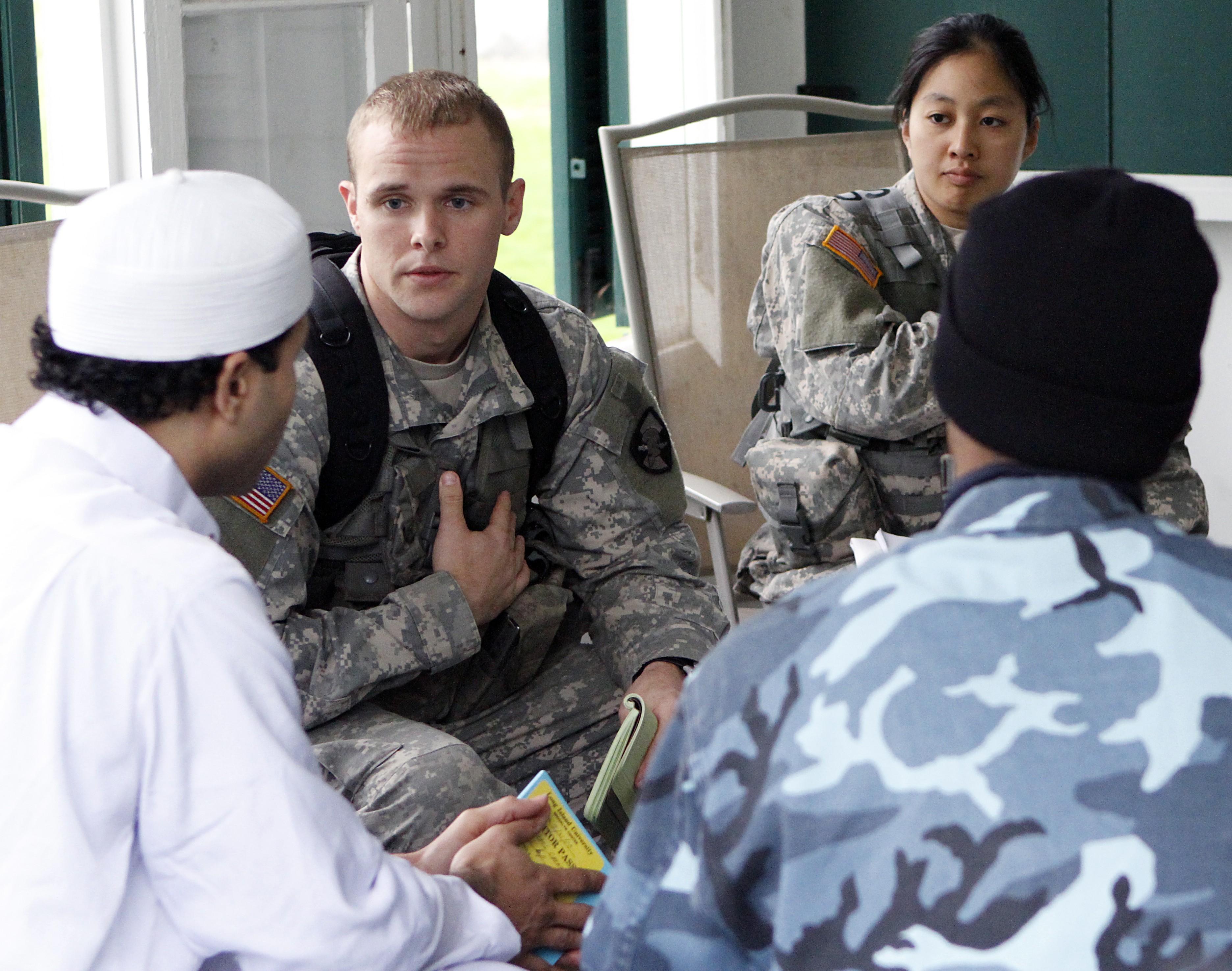
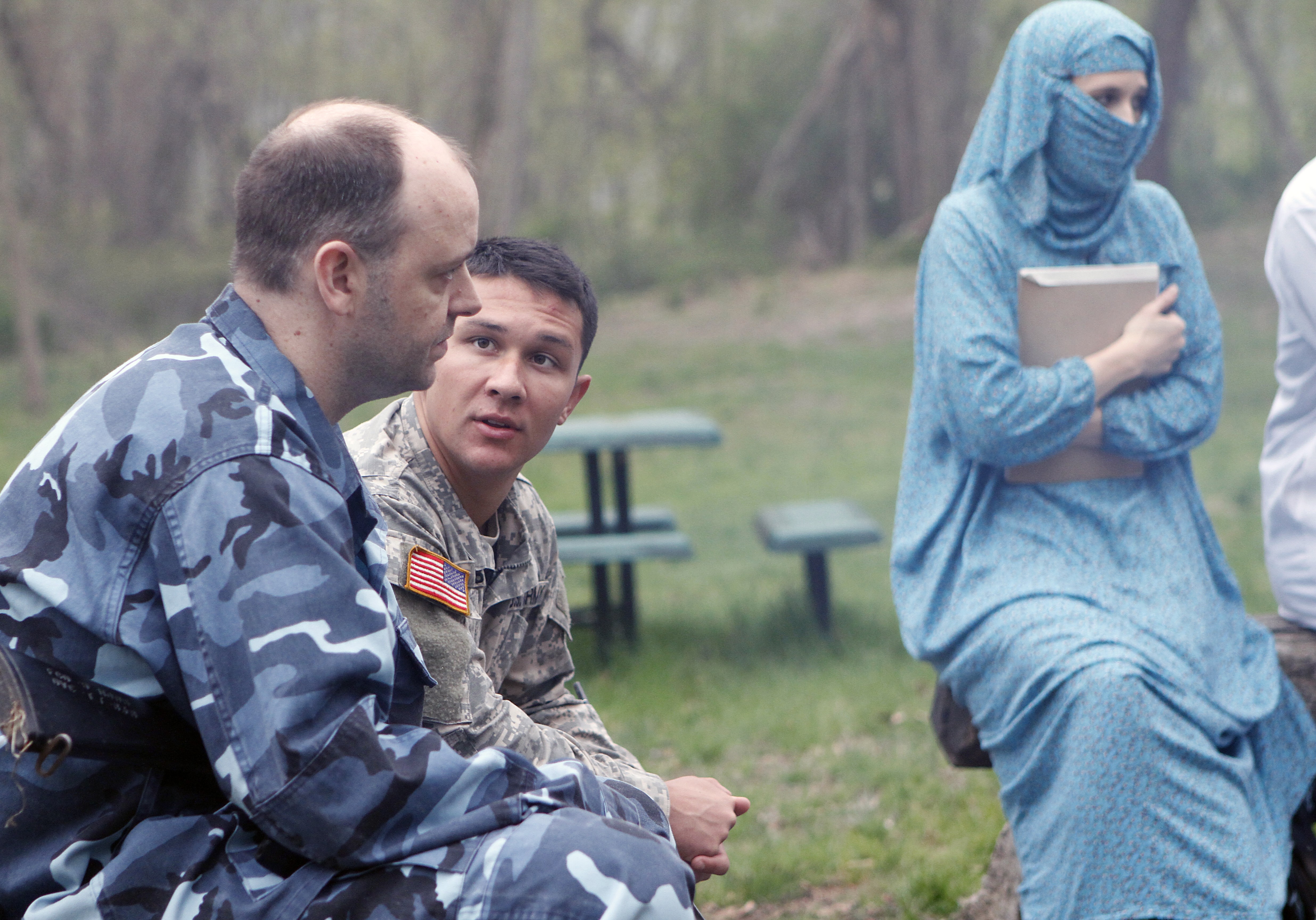
Social Sharing